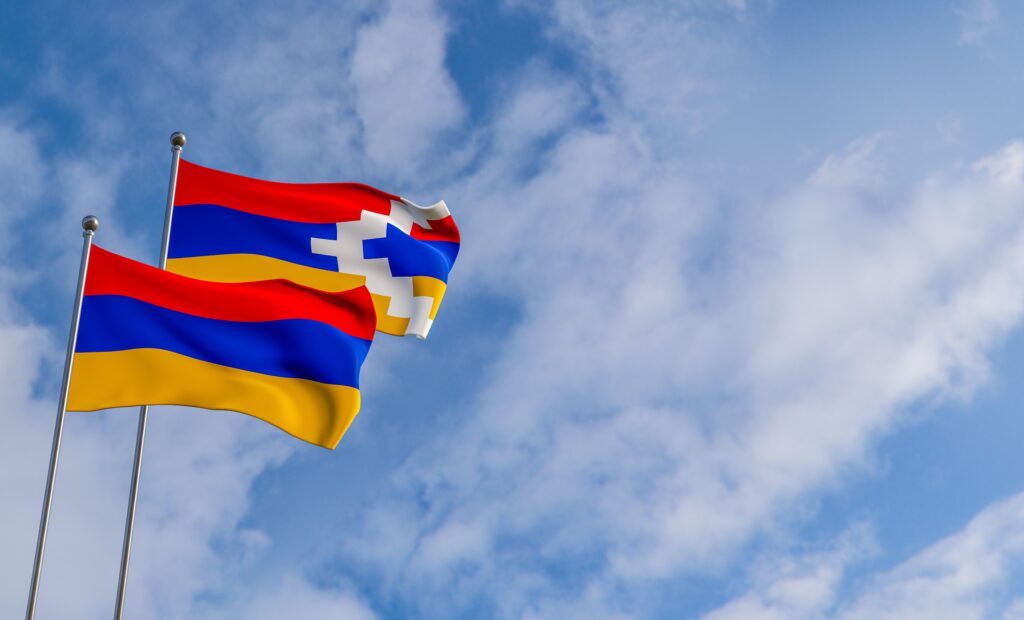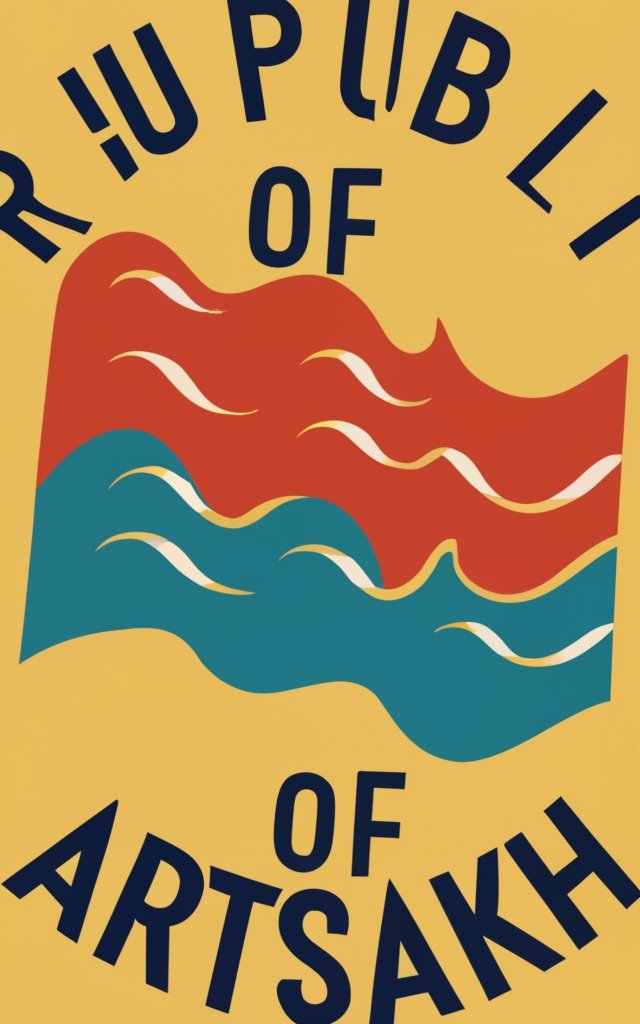Artsakh’s Resilience Challenges the Chains of Blockade

In the haunting silence of the isolated Republic of Artsakh, a symphony of resilience and defiance against a crippling blockade composes a narrative of human endurance. The blockade, enforced with unyielding rigor, has stifled the economic vitality of this self-proclaimed independent state and cast a long, ominous shadow over the lives of its citizens. Yet, amidst the echoing silence, the indomitable spirit of Artsakh’s people illuminates the dark corridors of isolation, painting a portrait of resilience that defies the oppressive chains of the blockade.
The Echoes of Silent Struggles

The dawn of 2023 unveiled a landscape marred by over 570 recorded political violence events. The people of Artsakh navigate a terrain where every step is a reminder of geopolitical machinations. The blockade, a continuation of the enduring Nagorno-Karabakh conflict, has precipitated a crisis. Over 50,000 souls, including 17,000 children, have embarked on a reluctant exodus, their lives uprooted, their futures uncertain.
Dr. Elena Gregorian, a renowned expert in conflict resolution and international relations, asserts, “The blockade is a lived reality for the people of Artsakh, where echoes of isolation reverberate through empty streets and abandoned homes.”
Amidst despondence, a narrative of resilience emerges. The people of Artsakh are not broken. Every echo of silence is met with a symphony of resilience, every shadow of despondence illuminated by the indomitable spirit of a people who have weathered storms of historical animosities and geopolitical aspirations.
The international community, while aware of the unfolding crisis, grapples with the complexities of intervention. The silent struggles of Artsakh’s people are entwined in a web of geopolitical interests and historical grievances that defy simplistic narratives and solutions.
Geopolitical Chessboard
The international community watches as the blockade exacerbates regional instability. The economic implications are dire, with essential supplies choked off, crippling the local economy. Beyond the surface, a complex geopolitical chessboard reveals itself, laden with historical grievances and territorial ambitions.
Dr. Gregorian observes, “The international community is faced with a moral and ethical dilemma – to intervene and mitigate the humanitarian crisis or to watch from the sidelines as the blockade continues to strangle Artsakh.”
An anonymous expert in regional geopolitics challenges this narrative. “While the humanitarian crisis is undeniable, it is essential to consider the broader geopolitical context. The blockade is a response to enduring territorial disputes and national security concerns.”
The blockade is a reflection of the intricate dance of power and interests that defines the regional geopolitical landscape. Every narrative of despair is met with counter-narratives of national security, territorial integrity, and historical claims that challenge the international community’s moral and ethical imperatives.

Forecasting the Unwritten Future

The future of Artsakh hangs in the balance. The government of Armenia seeks international intervention to lift the blockade and initiate public administration reforms by 2030. However, the road to resolution is fraught with geopolitical complexities.
“The blockade has the potential to ignite a powder keg of historical grievances and territorial ambitions,” asserts Dr. Gregorian.
Yet, amidst the geopolitical tumult, the silent resilience of Artsakh’s people echoes a narrative of hope. Every stone of the rugged landscape tells a tale of a people who are not broken—their resilience challenges not just the physical barriers of isolation but the silent narratives of despair.
The world is compelled to listen to the symphony of resilience that rises from the silent struggles of Artsakh’s people. In the haunting silence of isolation, the indomitable spirit of resilience composes a narrative that defies the oppressive chains.
A Symphony of Resilienceon
The fate of Artsakh is being deliberated. Yet, it is the silent resilience of its people that will echo the loudest, challenging the chains and illuminating the dark corridors of isolation. Dr. Gregorian observes, “Yet, it is the silent resilience of its people that will echo the loudest.”
The anonymous expert offers a sobering perspective, “The resilience of Artsakh’s people is entwined in a complex geopolitical narrative that defies easy solutions. The road to resolution is paved with the intricate dance of power, interests, and historical grievances.”
As the world watches, the silent struggles and resilience of Artsakh’s people compose a symphony of human endurance that challenges the chains of the blockade. It is a narrative that the world needs to hear, understand, and respond to with urgency and empathy, for in the echoes of silence, a symphony of resilience rises, defying the oppressive chains and illuminating the dark corridors of isolation with the indomitable spirit of human endurance.
The unfolding narrative of Artsakh’s blockade is more than a story of territorial contention; it is a narrative of human endurance amidst political turmoil. The resilience of the people, their silent struggle for survival, and the geopolitical machinations that hold their fate in balance are stories that the world needs to hear, understand, and respond to with urgency and empathy.



